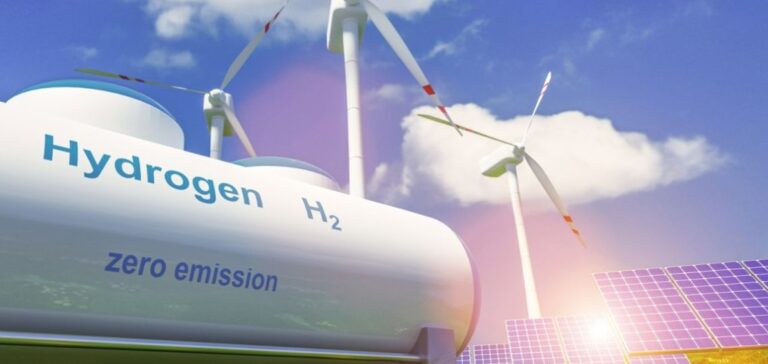A Franco-German cooperation on the import of renewable hydrogen has just been concluded between VNG and Total Eren.
Facilitating importation
The import of renewable hydrogen will be in the form of natural gas but also ammonia. The companies plan to commercialize the product in the European market by 2028. They have engaged in dialogue with customers to assess future needs and conclude the first purchasing contracts.
The pact will facilitate the reception of ammonia on the German coast. It will then be marketed as such or converted back into hydrogen. The project was entrusted to VNG Handel & Vertrieb, VNG’s trading and sales subsidiary.
Both parties are committed to being involved across the entire value chain. Thus, it will optimize the transport of renewable hydrogen to the end user. But also to partner with the best suppliers to obtain the appropriate ecological certification.
Carbon neutral energy
VNG and Total Eren are providing strong support for European decarbonization through the import of renewable hydrogen. VNG continues to strengthen its expertise across the hydrogen value chain through its VNG 2030+ strategy. In addition, it is planning the construction of a hydrogen and carbon center in the Rostock area.
Total Eren works in South America, Africa and Australia. It benefits from low energy production costs that allow it to provide clean energy on a global scale. In particular, it is embarking on a major wind power project in Chile, capable of producing 800,000 tons of hydrogen per year.
David Corchia, General Manager of Total Eren says:
“I would also like to thank the Total Eren teams for their dedication and commitment to moving the project forward. H2 Magallanes is an excellent example of the company’s ambitious vision for the deployment of green hydrogen around the world.”
In addition, VNG and Total Eren are involved in the H2Global Foundation along with other companies. Together they will try to develop a functional hydrogen market in Germany. This is a promising ambition for the country, which has until now been heavily criticized for its fossil fuel energy mix.






















